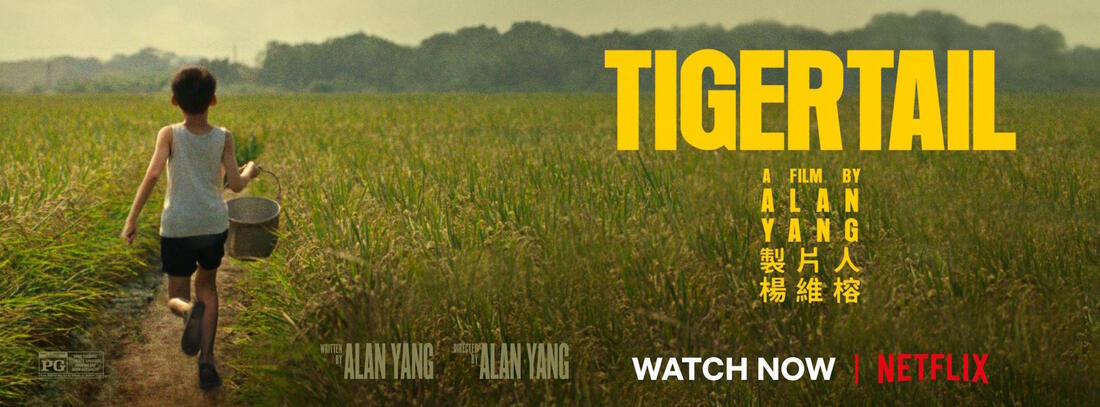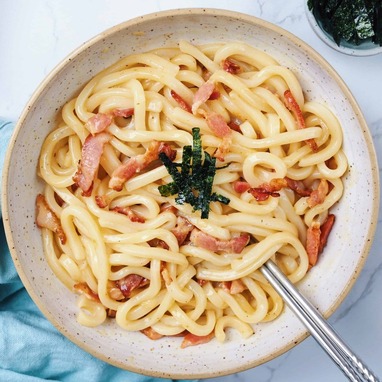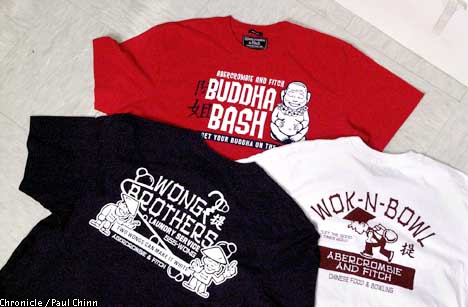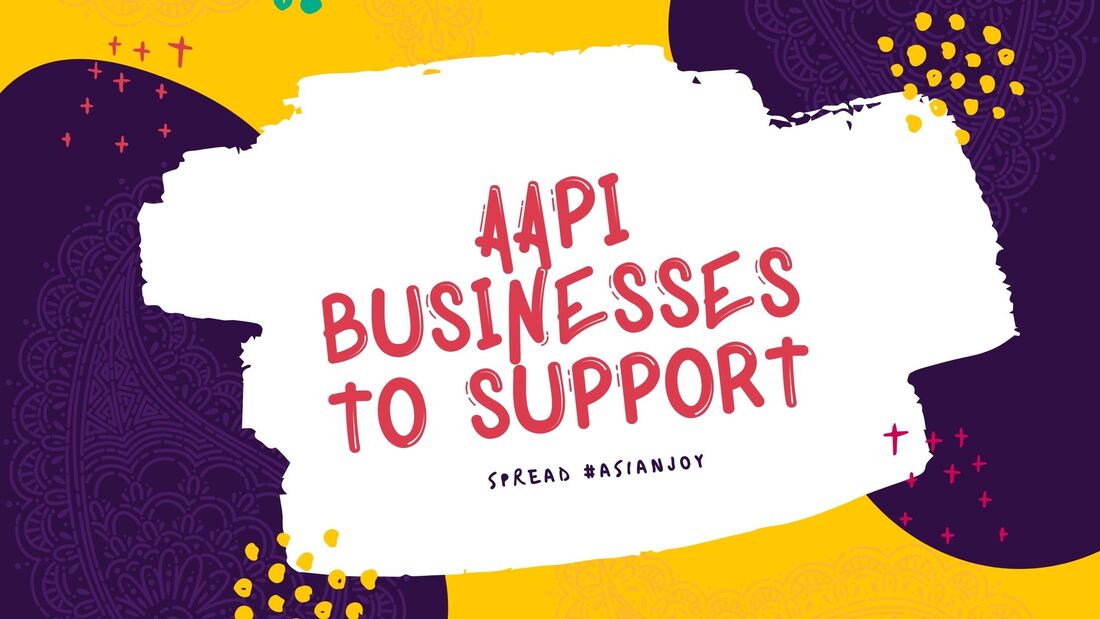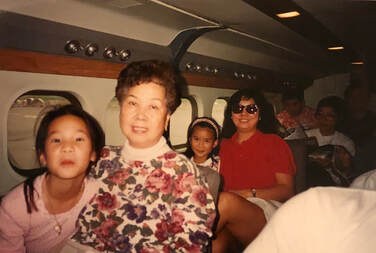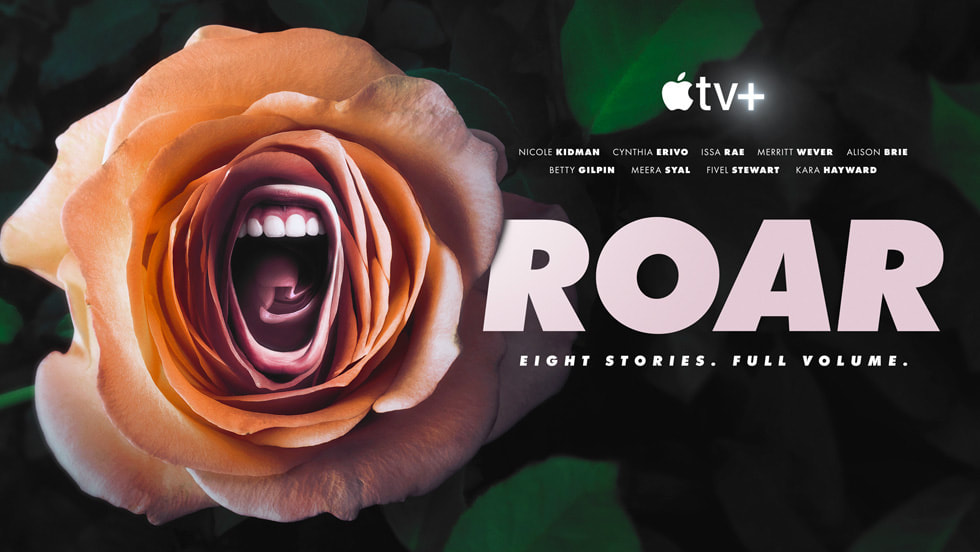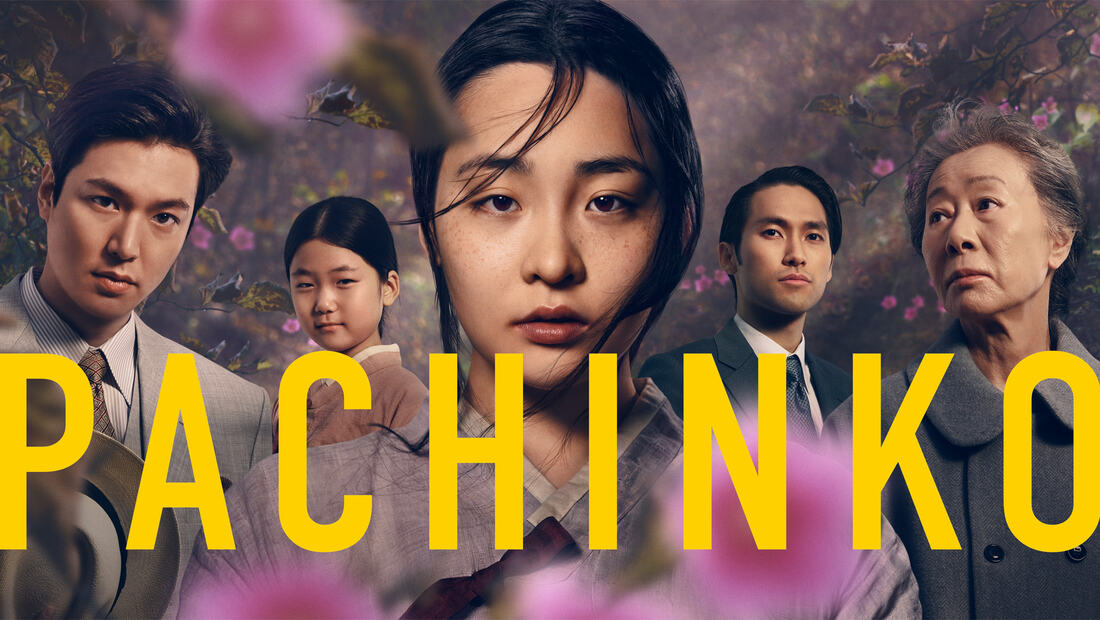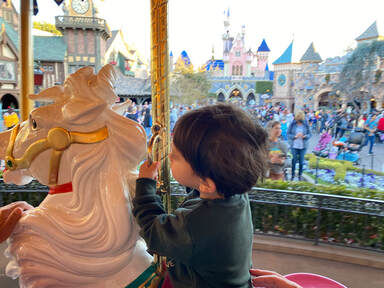|
I went to San Francisco for a very quick work trip, visiting the set of my Christmas movie. I was excited, but also really nervous. Throughout the pandemic, it seems like San Francisco and the Bay Area have become a massive danger zone, especially if you're Asian. Since I was only bringing a carry on, I realized I wasn't going to be able to bring my pepper spray, and I worried. Thankfully, I also have a self-defense alarm and I also thought about how my big heavy water bottle could also serve as a weapon if needed. This may seem overdramatic, but I was very concerned about being Asian and a woman, walking around this once charming city.
Well, I can tell you now that the city is still charming, and though it's still important to be cautious and attacks against Asians are still a regular occurrence, I found that especially in Chinatown, I felt safe. And Chinatown looked more beautiful than ever.
0 Comments
I never knew a language that I don't speak could feel so comforting to me. When I watched Tigertail on Netflix, and heard Taiwanese being spoken, I suddenly felt like my mom was hugging me. Taiwanese, aka Hokkien, is the language the adults used to use when they didn't want us kids to know what they were talking about. But also, just casually with each other. I never learned Taiwanese though, because outside of Taiwan, the global Chinese dialect used is Mandarin, so that's what I learned. And unlike how many European languages of the same family have some degree of mutual intelligibility, that is not true for Chinese dialects. So, this blog post is really more about the Taiwanese language, but Tigertail inspired me to learn some basic Taiwanese Hokkien, and for anyone curious, here's a little bit of cultural and language insights...
My friend posted a mouthwatering photo of a Japanese restaurant's Udon Carbonara, and I was literally salivating looking at it. Carbonara is one of my husband's favorite dishes, so I quickly and excitedly showed him. But in his French purist way, he responded with aggressive disgust. What's ironic to me is a white person being purist about food, when there's been an expectation throughout history that Asian restaurants in western countries appeal to white palates. That's what so many Asian restaurants have had to do to survive, but without appreciation for their food and cultures. Not to mention, there are a lot of beloved foods around the world that actually find their origins in China.
Anyhow , this got me thinking about fusion foods and I want to know what you think, too... If you haven't seen this documentary, you must. It came out in 2017, but I only just watched it this week and it has really opened up my eyes to the grotesque ways of the meat industry, and has motivated me to go full vegan, or at the very least eating less and better meat. I know that sometimes as soon as someone hears that a documentary has turned someone vegan, an automatic resistance is turned on. But trust me...this is worth a watch so you know what you're actually putting into your body and how it is affecting your health as well as the health of communities suffering as a result of mass produced meat. This post isn't about me trying to convince everyone to go vegan, but I hope more people will consider avoiding mass produced meat, and instead support ethical and sustainable farms.
I saw an Abercrombie & Fitch store last weekend and I wondered how they're still in business, which reminded me to watch Netflix's documentary, White Hot: The Rise and Fall of Abercrombie & Fitch. Maybe because Abercrombie was such a cultural staple during my tween and teen years, I felt especially angry watching this. I think it's an important watch, because it also highlights the problem with many diversity & inclusion initiatives beyond the obvious.
While I like to think of every day as a day to celebrate Asian Americans and Pacific Islanders, May is officially AAPI Heritage Month. That means, it's a month to learn about, celebrate, and support our beautiful and rich community. So, to kick-off this month, I'd like to share a few AAPI businesses you can support. 50 to be exact.
The first time I saw the hashtag #AsianJoy, a flood of images flashed across my mind and made me smile. I've never loved a hashtag, but I love this one.
The main visuals that come to mind for me when I think of #AsianJoy is family and food. It makes me think of my Nai Nai picking us up from school and sleepovers at her house. And summers when my Ama would visit, and we’d walk to the Japanese market where she’d buy me a cookie with pink icing and sprinkles. It makes me think of my mom buying me way too much food, especially when I've just bought groceries or it's something she knows I like. And the LOUD family gatherings with everyone's dogs, and of course, too much food. It makes me think of my cousins and all the fun and adventures we've had around the world and in our own yards. And of cartoons my brother and I used to watch, like Totoro and Sailor Moon, or trips to Sanrio. (Why are Asians so good at being cute?) It also makes me feel the pride I have for my families' histories and everything they've been through to get to where we are now. #AsianJoy is the pride I feel when I think of the resilience of the AAPI community. The resilience that we never learned about in school. What does #AsianJoy mean to you? What do you think of when you see this phrase or hashtag? Wow. Every episode of this anthology taps into something that I as a woman, as a woman of color, and as a mother and daughter, have felt and struggled with. And I'm sure I'm not the only one who will relate to this series. There's quite a lot of pain in these stories, but each is so briliantly told. I'm not going to share details, not just to avoid any spoilers, but also because I think it's worth watching this not knowing what you're getting into.
ROAR is based on the fiercely feminist book of short stories by Cecilia Ahern. One thing I wondered as I watched this was...how men feel when they watch this. Do they feel empathy? Or do they watch this and think these are merely dramatizations of women's emotions? Kudos to the incredible women behind this project: Creators/Showrunners: Liz Flahive and Carly Mensch Writers: Cecilia Ahern, Liz Flahive, Carly Mensch, Halley Feiffer, Janine Nabers, Vera Santamaria Directors: So Yong Kim, Anya Adams, Liz Flahive, Kim Gehrig, Rashida Jones, Channing Godfrey Peoples, Quyen Tran (also cinematographer) Composer: Isobel Waller-Bridge Producers and Executive Producers: Cecilia Ahern, Liz Flahive, Ashley Glazier, Allie Goss, Nicole Kidman, Carly Mensch, Bruna Papandria, Theresa Park, Jodi Matterson (*note: since I wanted to highlight the women behind this project, I've left off the male producers' names. Also, hopefully IMDB is accurate!). Not to mention the star-studded cast of badass women. There are of course many other talented women and men behind this project. Have you watched it? Let me know what you think! Leave a comment below :) Pachinko follows four generations of a Korean Family from Japanese occupied Korea to Japan, and the U.S. Its nonlinear storytelling is exquisitely told and it covers history that most westerners are unfamiliar with. Though I'm not Korean, my grandmothers also grew up under Japanese occupation in Taiwan, so in a way, I feel some personal connection to the story as it has me reflecting on my own family's journey. It's a piece of history that certainly contributes to my own complicated cultural identity and I'm grateful to see that reflected here and that this series has the platform that it has.
Watch it on Apple TV+. We recently took my son to Disneyland for his 2nd birthday and we had so much fun. Still, I couldn't help but long for the days of Disney past. It's still one of my favorite places in the world, but is it still the happiest place on earth? That depends...
|
Categories
All
|
|
|
© 2019-2021, the jawesome life. All rights reserved.

